Safetipin: empowering women to make their world safer
Women’s safety is a hot topic of debate in our country. While the problem of safety for women is not unique to our country, the sheer number of crimes against women ranging from violent cases of rape to cases of catcalling and stalking is mind-boggling. There are cities in India where post sunset you see no women on the streets. Women constitute 49% of India’s population and yet every day there is some report or the other in the media of crimes against women. What can ordinary citizens do? Is safety the responsibility of the woman alone? Or is it a collective responsibility?
Are there parameters on which we can measure safety? Can we provide data pertaining to safety concerns based on which we can demand interventions from the police, the municipal bodies and the governments for action? It was with these ideas in mind that Kalpana Viswanath and her husband Ashish Basu launched the Safetipin app.
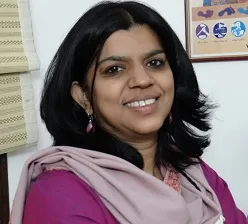
HerStory caught up with Kalpana to understand a little more about the app, her personal motivation behind the venture and the traction they are seeing.
What led you to launch Safetipin?
I have been involved in the area of gender equality for over 20 years now. Even though I now spend over 60% of my time with Safetipin, I have been involved very closely with Jagori. I work with them in the capacity of a Senior Advisor for the Safe Delhi program. Through the years, I have been involved in numerous projects such as large scale studies to identify factors that can make cities more inclusive. Jagori has earlier worked to train over 3000 drivers with the DTC on how to be more aware and conscientious of women’s safety.
I have been involved with subjects focusing on women in India for a long time. In the recent years, all the news about how unsafe Delhi had become got to me and I decided to do something more hands-on to address the problem. It was an idea that Ashish and I had been discussing for a while. Ashish was with NIIT for a long time and has designed Safetipin. We launched Safetipin in November 2013. It is an app compatible with both ioS and Android platforms.
What is the Safetipin app?
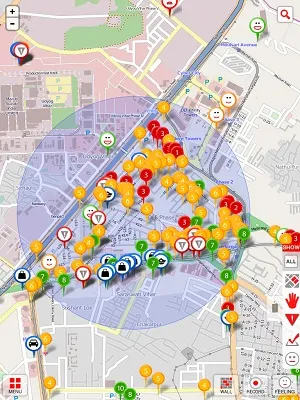
Safetipin is a crowd source app which allows the user to check the safety of a location. The safety is assigned a score based on a “safety audit” which lists a certain set of parameters on the basis of which the safety of a neighborhood or location is judged. The parameters include lighting, whether the location is deserted, are many women seen on the road, how is the walk path, how close can public transport be found. The idea is to assess how safe you feel in the neighborhood.The safety audits are carried out by the Safetipin team and crowd sourced. Thus, anyone who has downloaded the app can carry out a safety audit following the guidelines listed. We recommend that the audit is done post sunset so that the scores are a true reflection of how safe a place is.
The main idea is to get the community more involved and interested in the idea of safety and to generate enough data for purposes of advocacy and improvement.
So far we have conducted 3000 safety audits in Delhi and Gurgaon. 2000 of these have been done by our team and 1000 are crowd sourced. The locations include metro stations and areas in their vicinity among others.
The app has other salient features which allow for a friend or family member to track your location. This is beneficial for women traveling back alone at odd hours. It’s not a spying feature(smiles), you can allow it for just the time you’re on the road and you get to choose who tracks you.
Projects and collaborations so far

We are working on a project in conjunction with the Dwarka police called ‘Salamat’. Under this project we carried out safety audits in different locations in Dwarka and now the data is being used by the police for preparing reports for advocacy.
The idea is not to deal with safety as an abstract measure but provide implementers with quantitative data on which they can take action.
We have recently completed a safety audit on a stretch of the outer ring road and we are sharing this data with the DDA for action. In Gurgaon, we have started a pilot literacy project called ‘Safety Chaupal’. The idea is to get people in slums and low income neighborhoods to conduct safety audits. They can give inputs on an online platform given that they may not have data connectivity. This information is then analyzed and shared with them and they then work in tandem with “we the people” to do the right kind of advocacy.
We have also launched in Bangalore where we are working with a citizen forum called Bengaluru Needs You. They audit neighborhoods and share the information with the residents for advocacy and improvement of safety.
Internationally, we have just launched a partnership with Bogota in Columbia. We have also launched a Spanish version of the app at the World Urban Forum.
Government buy in and response
The Delhi government has not really been functioning since we launched the app. But we hope to see more involvement. There is considerable interest from the municipal bodies. I believe if you can provide people with transparent data then they are more willing to act on the problem. Women’s safety should be the concern of all stakeholders and not women alone.
Funding and future plans
We are funded by the Ford Foundation and DFID. In the future, we hope to be able to monetize the vast data that we are collecting.
We also hope to expand to multiple countries. So far we have held a training workshop where partner organizations from 10 cities in India participated. Safety is ubiquitous and a concern in urban planning anywhere in the world.
My vision is to get people engaged so that we can build safer communities. The basic dream is to use technology as a tool to make our surroundings safer.
To find out more about Safetipin visit their site: http://safetipin.com/






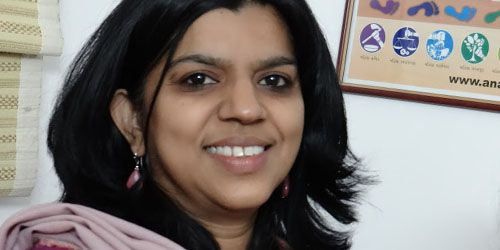
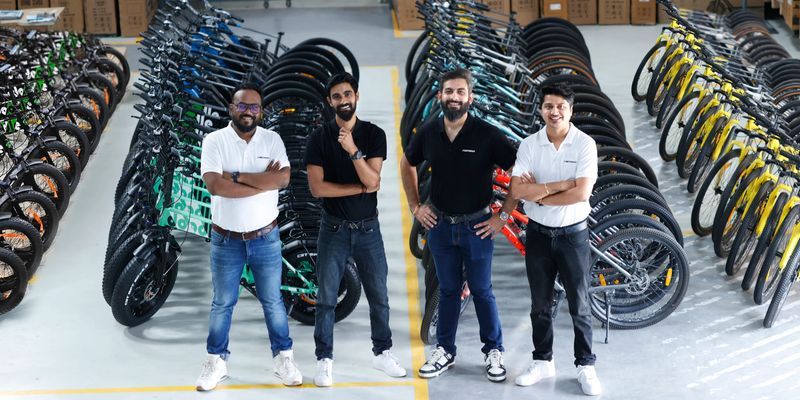
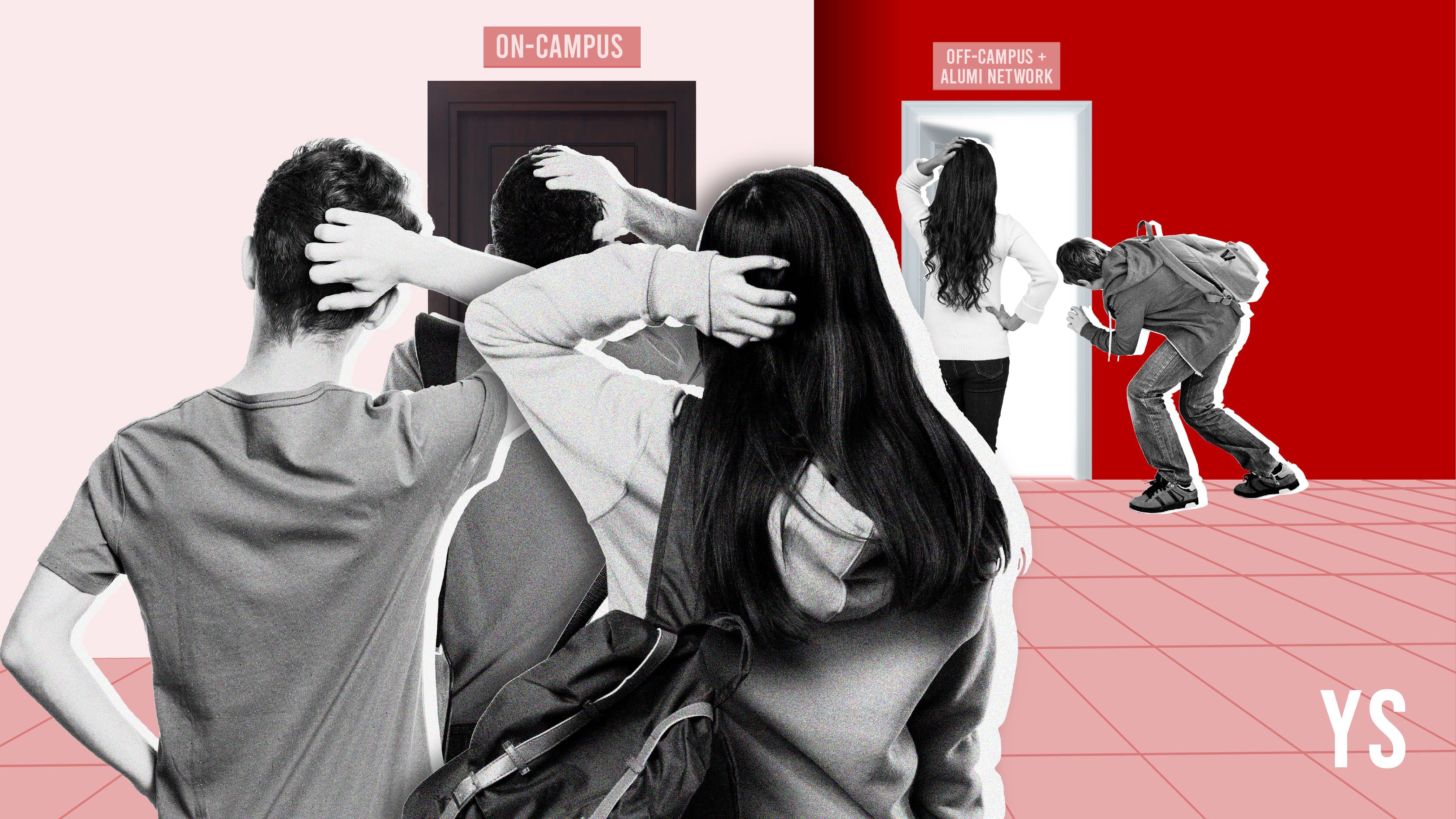
![[Funding alert] Travel protection startup Railofy secures Rs 70M from Chiratae Ventures; eyes geographical expansion](https://images.yourstory.com/cs/2/3fb20ae02dc911e9af58c17e6cc3d915/Imageghu4-1599036359179.jpg)

